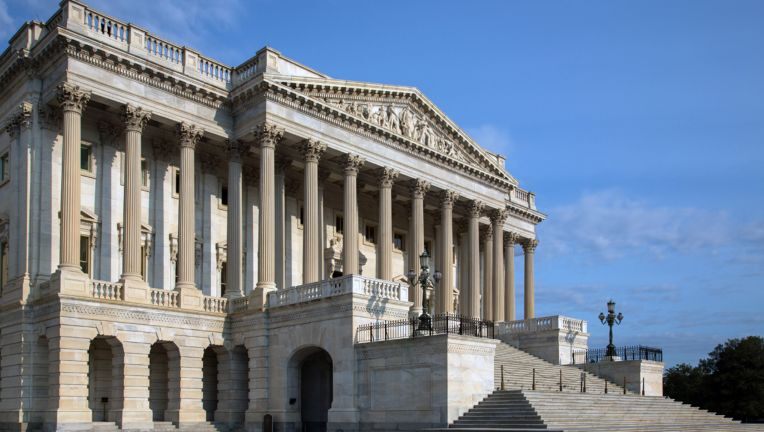Lawyers’ Committee Argues that Ruling Especially Hinders Access for Black Low-Income Women in Louisiana
Washington, D.C. – On December 2, 2019, the Lawyers’ Committee for Civil Rights Under Law, the Leadership Conference on Civil and Human Rights, and a dozen other prominent civil rights organizations filed an amicus brief in June Medical Services, LLC v. Gee (No. 18-1323), pending in the United States Supreme Court. Amici urged the Court to strike down Louisiana’s anti-abortion law, Act 620. That law requires physicians who provide abortions to obtain admitting privileges at local hospitals. Under this law, only a single physician could provide abortion care in the state, and all but one abortion clinic in Louisiana would close. Studies on the effects of Act 620 have shown that if upheld, 90% of women of reproductive age in Louisiana will live more than 50 miles away from an abortion clinic, and 53% will live more than 150 miles away.
“There is a coordinated campaign underway in states that seek to gut Roe v. Wade and subsequent precedents of the Court that affirm a women’s right to an abortion,” said Dariely Rodriguez, Director of the Economic Justice Project at the Lawyers’ Committee for Civil Rights Under Law. “Louisiana’s law imposes draconian and burdensome restrictions on a women’s right to an abortion in a state with one of the largest Black populations and with some of the highest racial health care disparities. No doubt, Louisiana’s law would have an especially stark impact on low-income Black women and women of color. The Supreme Court should adhere to its precedents and reject this law as plainly unconstitutional.”
In its brief, amici urged the Supreme Court to center the real-world circumstances of Black women when analyzing whether Act 620 creates an undue burden in accessing abortion. Amici also expressed grave concern that Act 620 will result in a two-tiered system in Louisiana, where wealthier, disproportionately white women will have greater access to their constitutional right to abortion care than Black women who are disproportionately low-income. Finally, amici warned that upholding similar laws in other states would cause great harm to women of color across the country and further entrench long-standing systemic and structural barriers to economic opportunity.
Read Brief Here


